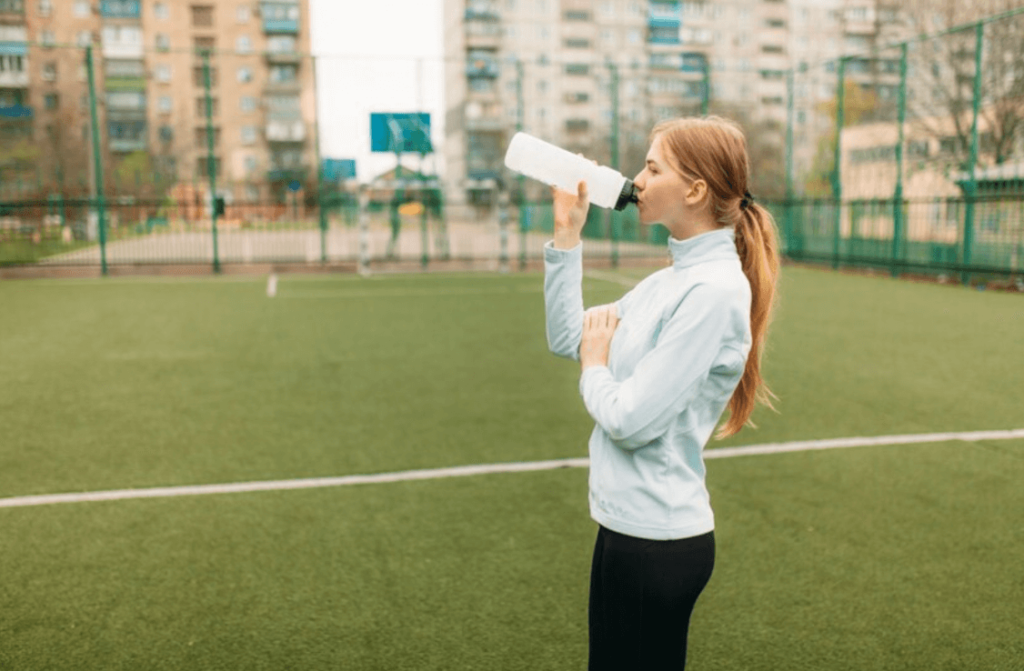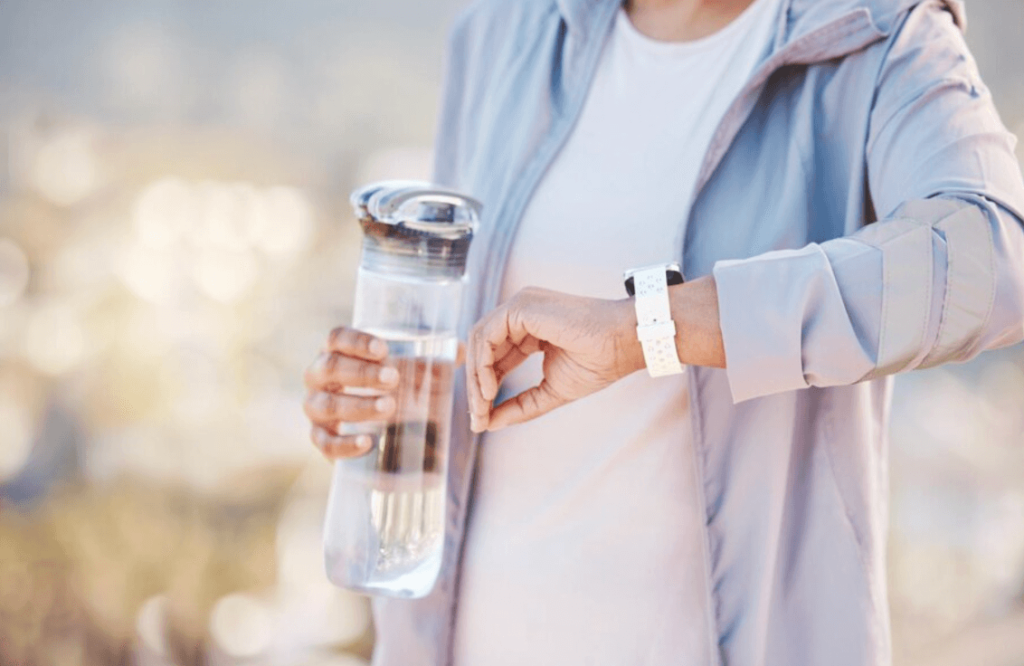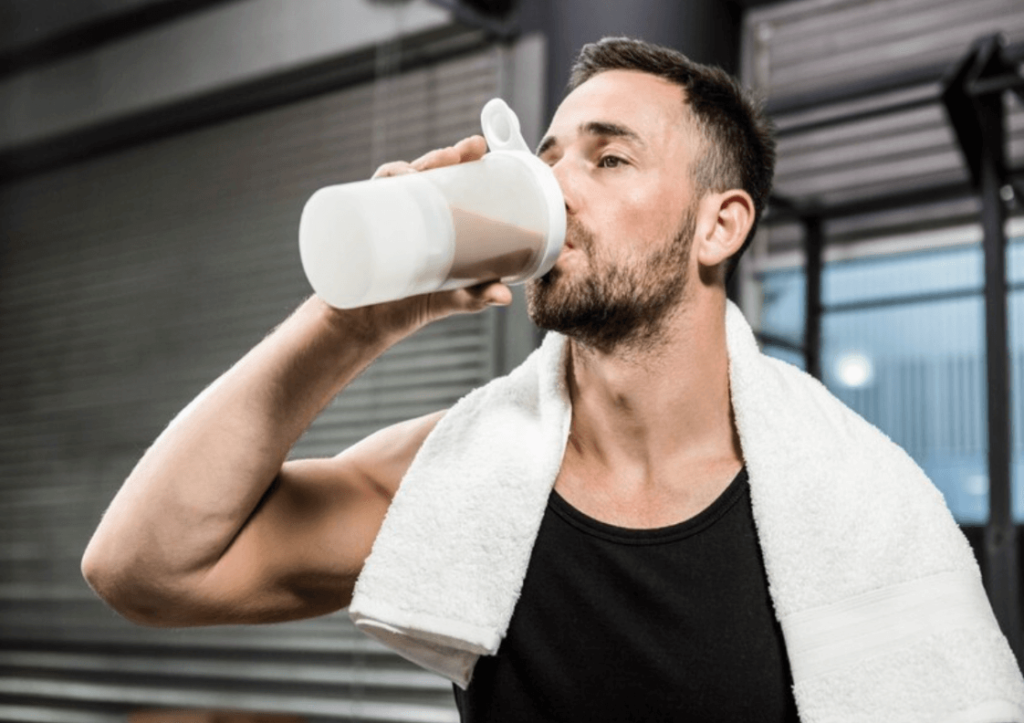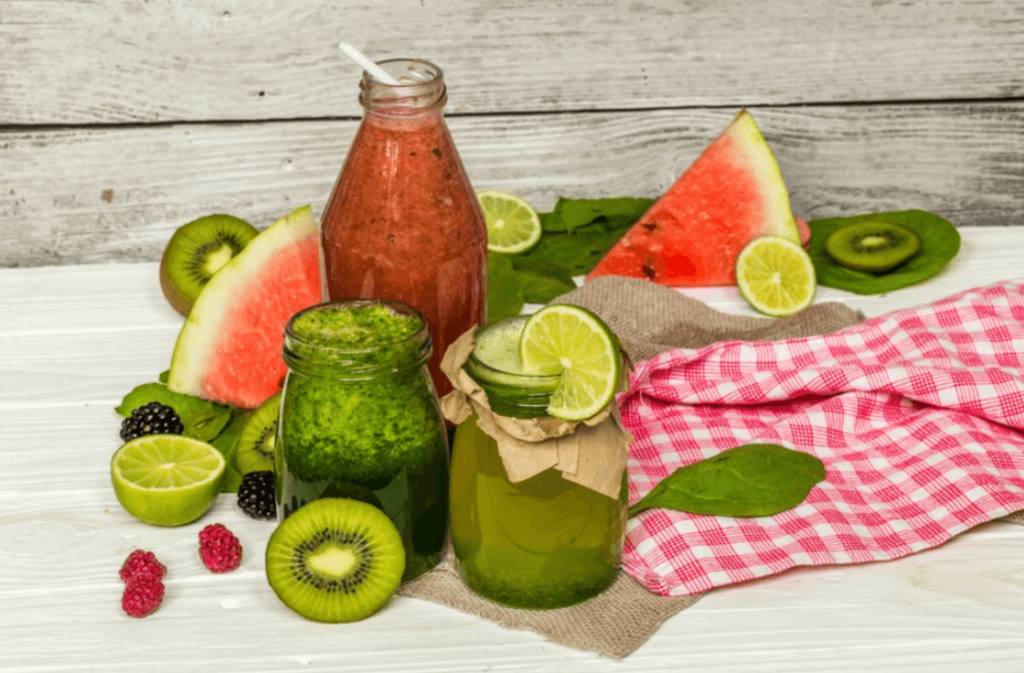
Understanding the Basics
The human body comprises roughly 60% water, underscoring the critical importance of maintaining proper hydration for optimal physiological functioning. Adequate hydration is indispensable for athletes as it plays a pivotal role in sustaining energy levels, preventing fatigue, averting cramps, and preserving cognitive function. Failure to maintain sufficient fluid levels can have detrimental effects on an athlete’s performance, underscoring the fundamental necessity of prioritising hydration as a cornerstone for overall well-being and athletic success.

Timing is Key
The timing of your fluid intake is as significant as the quantity you drink, with distinct importance placed on pre-hydration, in-the-moment hydration during exercise, and post-exercise rehydration. Consuming water before commencing a workout is imperative to initiate the activity in a well-hydrated state.
Throughout the exercise session, sipping water serves as a crucial measure to sustain fluid equilibrium, preventing dehydration. Once the exercise is completed, post-exercise rehydration becomes indispensable to replenish the fluids lost through perspiration. Recognizing and prioritising these temporal aspects of fluid intake is pivotal for maintaining optimal hydration levels and supporting overall performance and recovery in the realm of physical activity.

Electrolytes Matter
Perspiration goes beyond merely causing water loss; it also entails the depletion of essential electrolytes such as sodium, potassium, and magnesium. The restoration of these electrolytes is pivotal for sustaining muscle function, facilitating nerve transmission, and maintaining an equilibrium in overall hydration.
Particularly during extended or intense physical activity, the utilisation of sports drinks or electrolyte supplements proves beneficial. These products provide a strategic means of replenishing not only the water lost through sweating but also the crucial electrolytes, ensuring a comprehensive approach to supporting muscle performance, nerve signalling, and overall hydration balance.

Personalized Hydration Plan
Recognizing the individuality of each athlete is crucial, as a universal approach to hydration may prove ineffective. Various factors, including body weight, climate, the nature of the exercise, and individual sweat rates, all contribute to the determination of optimal fluid intake. Crafting a personalised hydration plan that takes into account these unique elements is essential. Seeking guidance from a sports nutritionist or healthcare professional can prove invaluable in developing a tailored approach that aligns with specific needs, ensuring that the athlete’s hydration strategy is finely tuned to enhance performance and overall well-being.

Monitoring Hydration Status
Athletes can actively assess their hydration status through several key indicators, including the colour of their urine, fluctuations in body weight, and response to thirst cues. Dark urine can serve as a visual signal of potential dehydration, prompting individuals to increase their fluid intake. Regularly monitoring body weight before and after exercise provides valuable insights into the extent of fluid loss, aiding in the estimation of necessary rehydration.
Additionally, paying attention to the body’s natural thirst cues is crucial, as thirst is a reliable indicator that the body requires fluid replenishment. By attentively observing these physiological signals, athletes can proactively manage their hydration levels and make informed decisions to optimise performance and well-being.

Incorporating Hydration into Nutrition
Hydration extends beyond the simple act of drinking water; it encompasses incorporating water-rich foods into your diet as well. Fruits and vegetables boasting high water content, such as watermelon and cucumber, play a valuable role in contributing to overall hydration.
Beyond dietary choices, it’s essential to be mindful of excessive consumption of caffeine and alcohol, both of which can contribute to dehydration. Recognizing that hydration is a multifaceted approach, encompassing both fluid intake and dietary considerations, underscores the importance of making holistic lifestyle choices to maintain optimal hydration levels.

Conclusion
Achieving peak performance for dedicated athletes transcends viewing hydration as a mere checklist item; instead, it evolves into a nuanced strategy requiring meticulous planning, precise timing, and a keen awareness of individual requirements. Delving into the scientific aspects of hydration and embracing personalised approaches allows athletes to unlock their full potential and consistently perform at their best. Therefore, each sip from the water bottle represents more than just quenching thirst; it symbolises fueling one’s performance, underscoring the integral role that hydration plays in the pursuit of athletic excellence.


